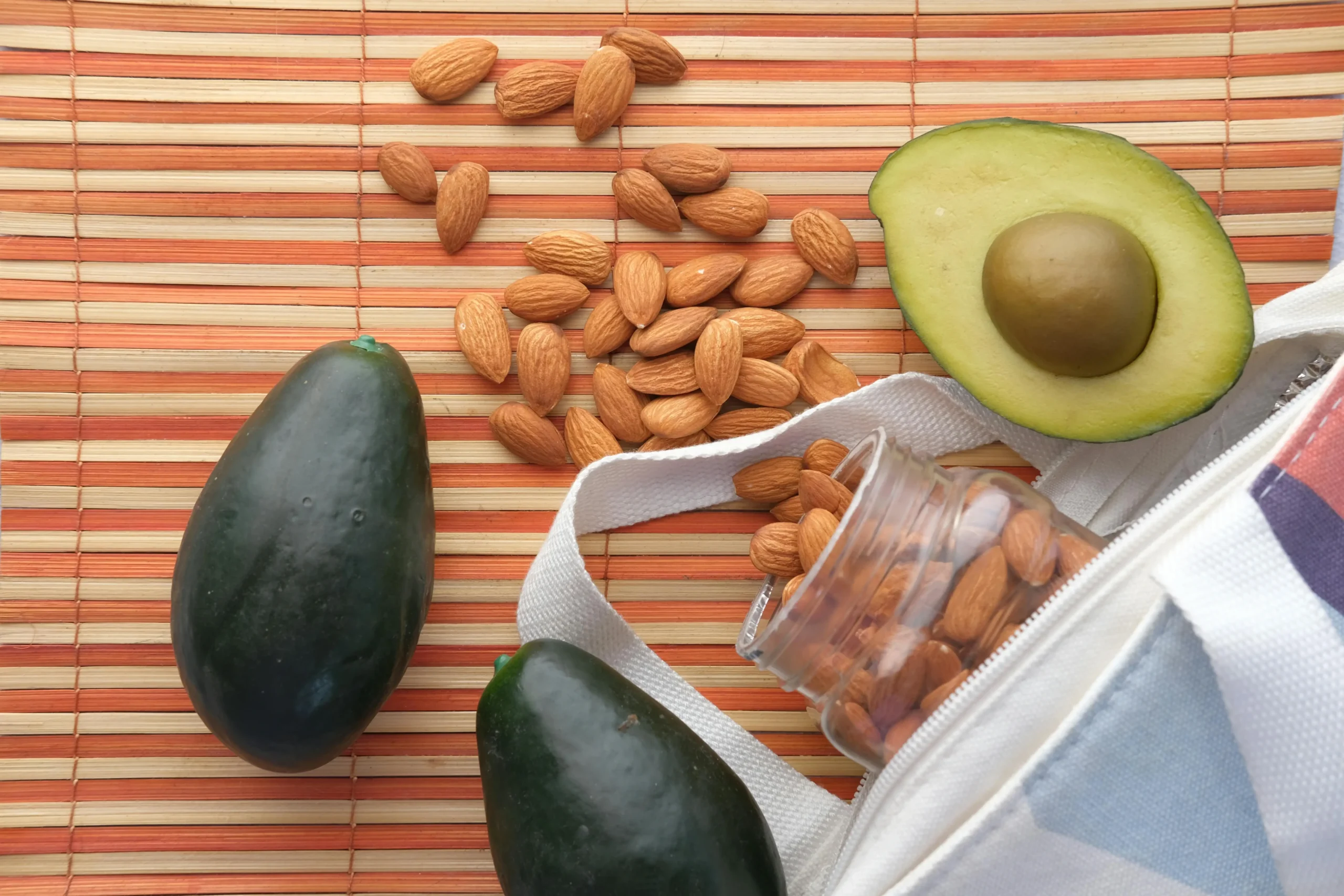
Going Gluten-Free? You Might Still Be Eating Hidden Triggers

If you’ve stopped eating gluten, you probably expect to feel better, less bloating, more energy, a clearer mind. But what if you’re still feeling off? Some people remove gluten from their diet but continue to have symptoms. Why? Because some other foods might be acting like gluten in your body, even if they don’t actually contain gluten!
This happens because of something called gluten cross-reactivity. It means that certain foods have proteins that look like gluten to your immune system. When you eat these foods, your body might react just like it would if you had eaten bread, pasta, or a cookie.
So, even if a food is labelled gluten-free, it might still be confusing your body and triggering symptoms.
What Foods Might Be Causing the Problem?
Here are some foods that scientists have found can sometimes mimic gluten in sensitive people:
🍞 Dairy (Milk, Cheese, Yogurt) – The protein in milk, called casein, looks like gluten to some people’s immune systems.
🥣 Oats – Even if they are labelled “gluten-free,” oats contain avenin, a protein that can cause a reaction.
🌽 Corn – Corn has proteins that some people’s bodies mistake for gluten.
🍚 Rice – Like corn, rice is usually safe, but for a small number of people, it can still cause problems.
☕ Coffee (Instant Coffee) – Some studies suggest certain instant coffees might trigger gluten-like reactions.
Why Does This Happen?
Now, let’s go a little deeper. When a person has celiac disease or gluten sensitivity, their immune system attacks gluten because it sees it as dangerous. But the immune system doesn’t think in words like we do—it recognizes shapes and patterns.
Imagine your immune system is like a security guard at a building. If you show up wearing a red hat (gluten), the guard knows you’re not allowed inside and stops you. But now, imagine someone else walks up wearing a very similar red hat (a food that cross-reacts). The security guard might get confused and stop them too—even though they are not actually gluten!
This is why some people still feel symptoms even after going gluten-free. Their immune system sees a different food and thinks it’s gluten—and the body reacts in the same way.
The Science Behind Gluten Cross-Reactivity
This concept has been studied by neurologists, immunologists, and functional medicine researchers who focus on food sensitivities and autoimmune diseases. Their research has shown that in people with gluten sensitivity or celiac disease, the immune system may react to other foods because their proteins look similar to gluten.
For example:
- Researchers in immunology have found that dairy proteins, especially casein, share structural similarities with gluten, leading to immune reactions in some people.
- Functional medicine practitioners studying gut health have noted that grains like oats and corn can sometimes cause inflammatory responses, even when gluten is removed.
- Neurologists investigating brain inflammation have linked gluten sensitivity and cross-reactive foods to issues like brain fog, migraines, and mood imbalances.
While not all scientists agree on which foods are the biggest problem, the evidence is strong enough that many doctors recommend a trial elimination of cross-reactive foods for people who don’t feel better on a gluten-free diet alone.
What Can You Do?
If you’ve gone gluten-free but still don’t feel great, here’s what you can try:
✔ Keep a food diary – Write down what you eat and how you feel. Look for patterns!
✔ Try an elimination diet – Stop eating dairy, corn, and oats for a few weeks, then reintroduce them one at a time.
✔ Get tested – Some doctors offer tests for food sensitivities, but the most important test is how you feel.
✔ Shop smarter – At Rawteen, we help people find foods that truly work for them. Our products are carefully chosen to support gut health and autoimmune wellness.
The Big Picture
Going gluten-free is a great start, but for some people, it’s not enough. Cross-reactivity is like a hidden loophole that can keep causing problems even when you think you’re eating safe foods.
If this sounds like you, don’t worry—you’re not alone! There are solutions, and with the right approach, you can find the foods that truly support your health.
Would you like help finding the best food options for you? Come visit Rawteen and explore foods that work for YOUR body!
Note: This information is for educational purposes and should not replace professional medical advice. Always consult with a healthcare provider for concerns about your health.
Read This Next


Keto for Beginners: How to Kickstart Your Fat-Burning Journey

Low-FODMAP Made Simple: Your Guide to Gut Health






































































































































